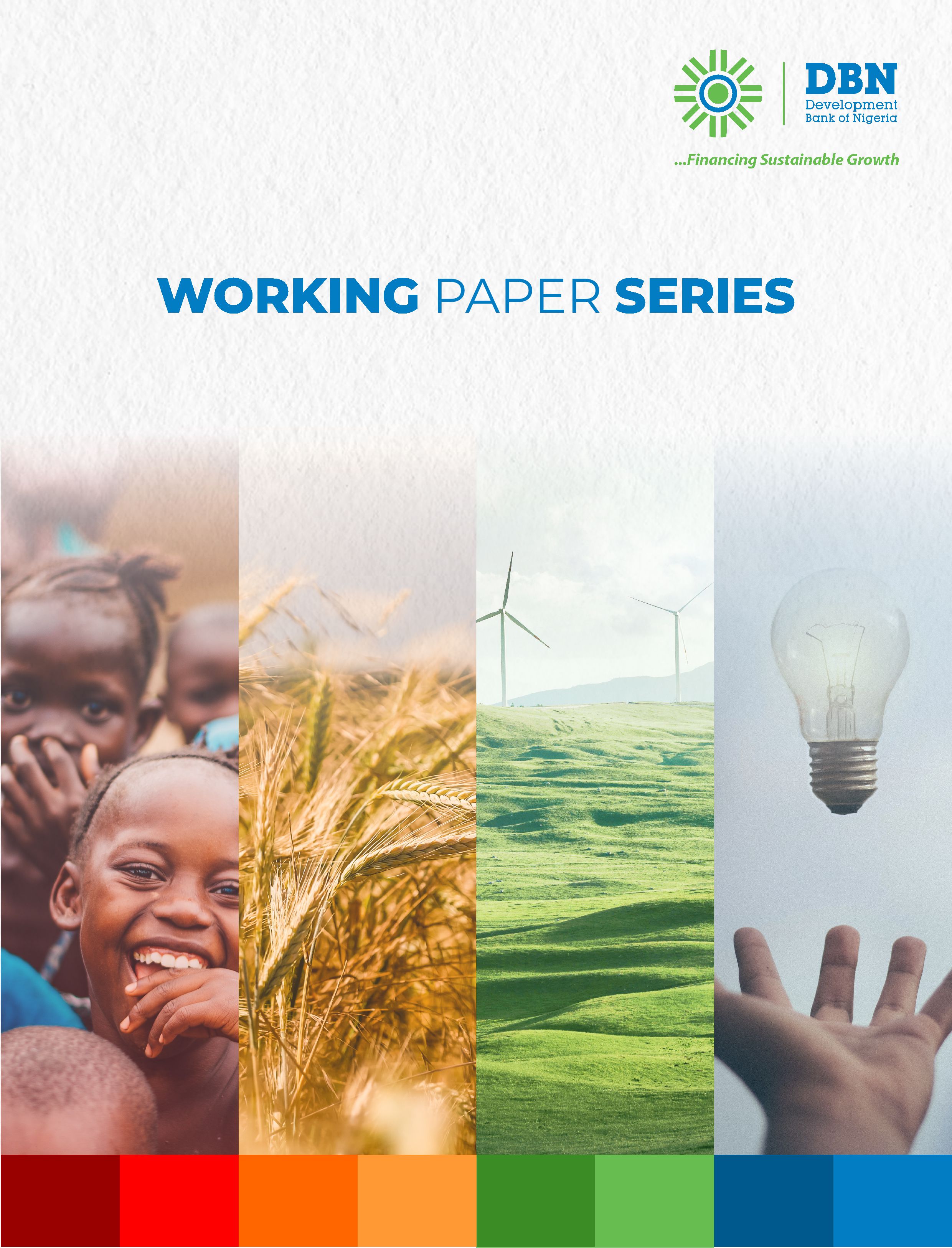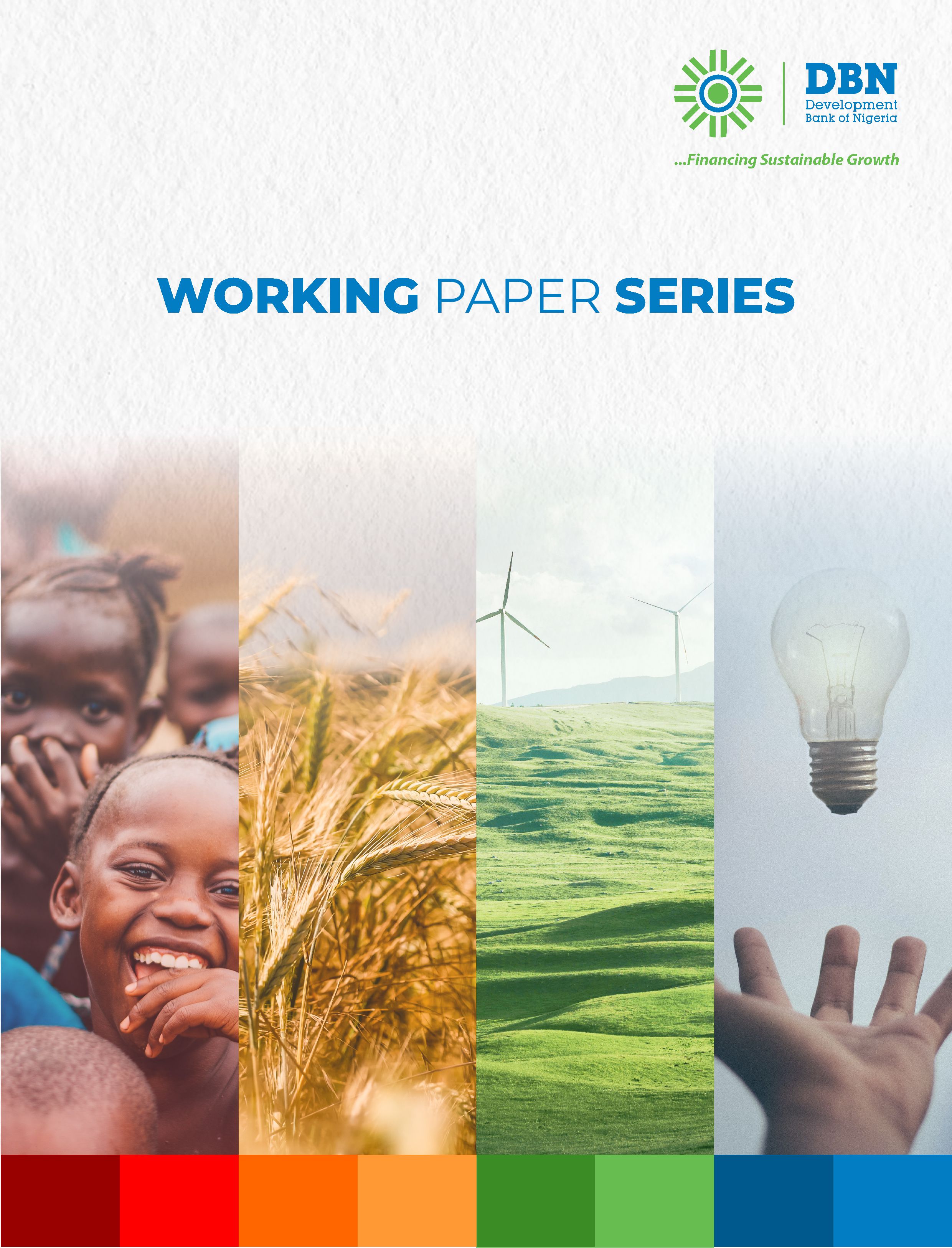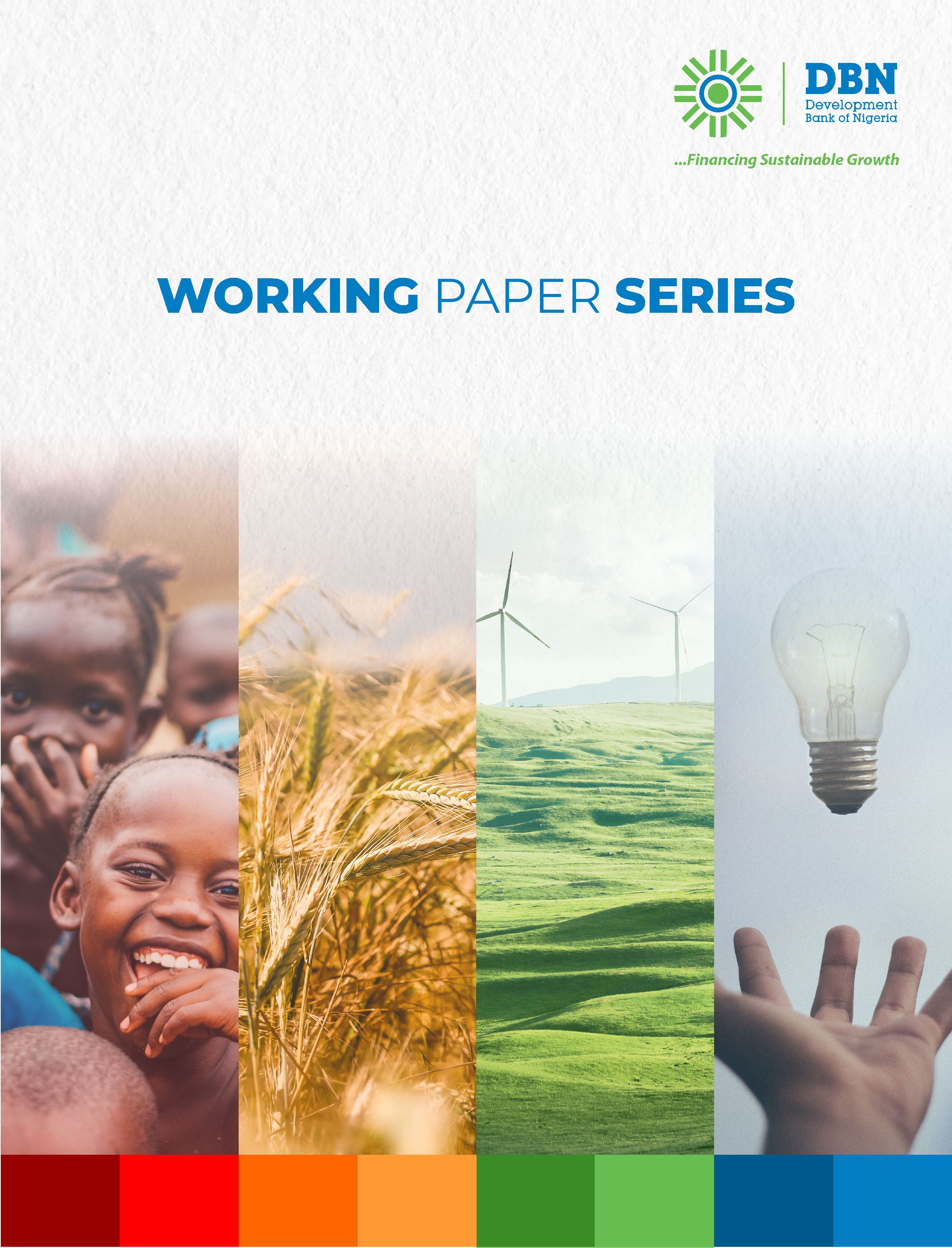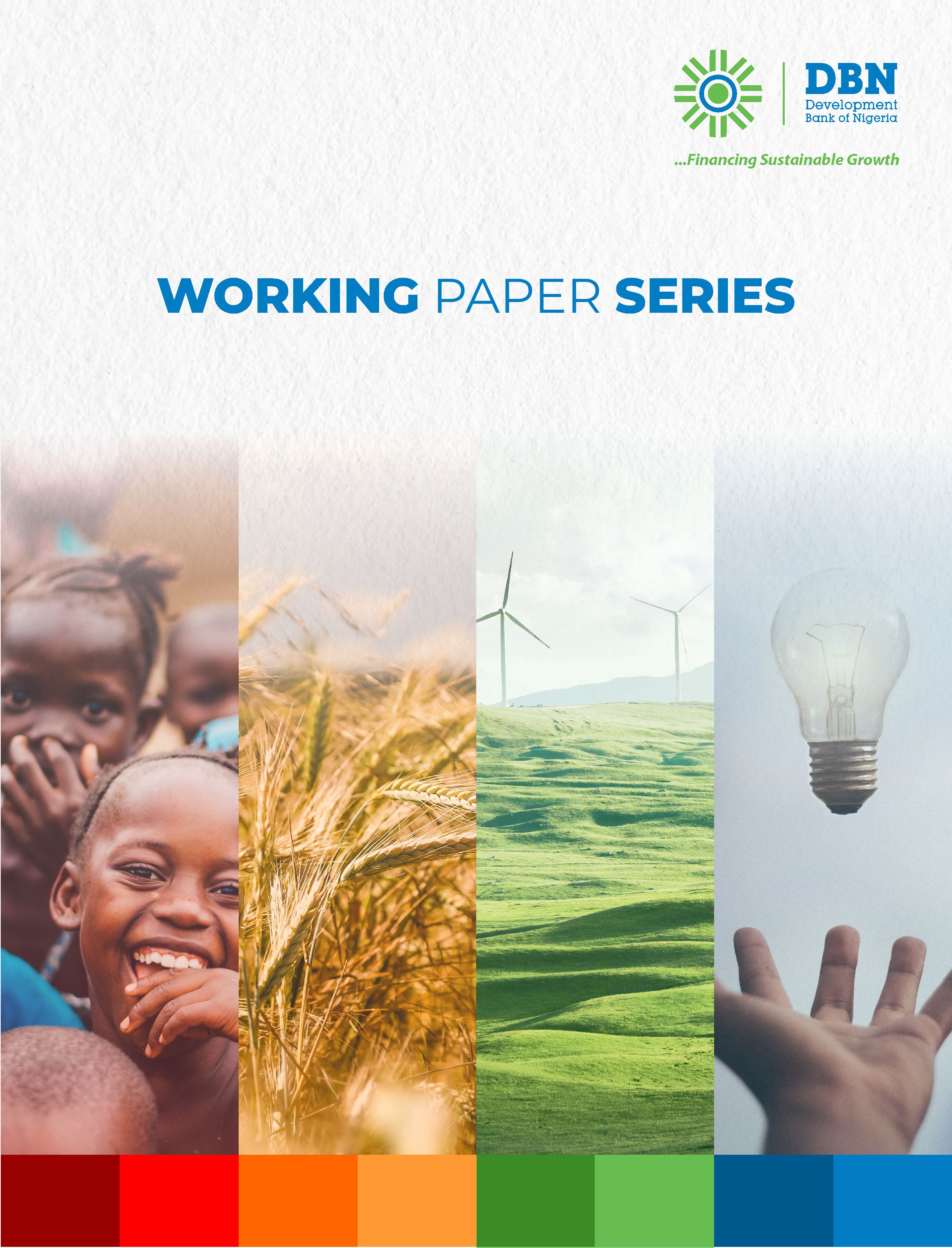
Publication Information
Published by: Admin
Published: 6 months ago
View: 286
Pages: 42
ISBN:
Abstract
Amid growing environmental challenges and development pressures, this study examines the dynamic relationship between renewable energy consumption, innovation, and environmental degradation in 24 Sub-Saharan African countries from 2000 to 2021. Using mixed-effects and logistic quantile regression models, we test the Environmental Kuznets Curve (EKC) hypothesis across carbon dioxide and methane emissions. The analysis confirms an EKC pattern, identifying critical turning points of 0.049 kt for CO2, 0.054 kt CO2-equivalent for methane, and 0.137% of GDP for industrialisation where emissions begin to increase as income levels rise. Innovation, proxied by non-resident patent activity, exhibits a non-linear effect: initially contributing to higher emissions at lower quantiles but significantly reducing emissions at higher quantiles, reflecting the time-lagged environmental benefits of technological diffusion. The study further reveals heterogeneous impacts of GDP and industrialisation across the emissions distribution, suggesting that blanket policy interventions may be ineffective. Instead, we identify context-specific policy thresholds for renewable energy and innovation that can enhance environmental sustainability. These findings underscore the need for integrated, innovation-driven energy strategies tailored to the region’s development stage, institutional capacity, and emission profiles.
Simplice A. Asongu Prof
Emmanuel K. Manu
Related Publications

VOLUME 8 ISSUE 2 2025
The Role of Governance in Remittances-Access to Electricity Nexus in sub-Saharan Africa? A Rural-Urban Comparative Analysis

VOLUME 8 ISSUE 2 2025
Access to Finance in the Digital Age: Does Digital Financial Inclusion Promote Financial Development in Emerging Countries?

VOLUME 8 ISSUE 2 2025
Born with a silver spoon but raised as a beggar: Fresh empirical investigations into the resource curse thesis in Africa
